We have owls and eagles, bears and cougars! The island is teeming with life and space for it to thrive. But what happens when wildlife gets hurt?
When you spend time on Vancouver Island, you quickly learn how wonderful our wildlife is.
We have owls and eagles, bears and cougars, deer and so much more. The island is teeming with life and space for it to thrive. On a recent trip to the Parksville area we got an up close look at some of our wildlife at the North Island Wildlife Recovery Association.
It’s unassuming from the outside, but as soon as you walk through the doors, you’ll see there is so much more to see. (Although, think more Island size and not a big city zoo)
We began with a walk through the North Island Wildlife Recovery museum of nature and the kids mesmerized. There are many extraordinary taxidermy animals on display to learn about. The owls, hawks and eagles got them excited and they tried to name all the ones they recognized.
I naively assumed this room was the bulk of what we would experience. But this was just the tip of the iceberg.
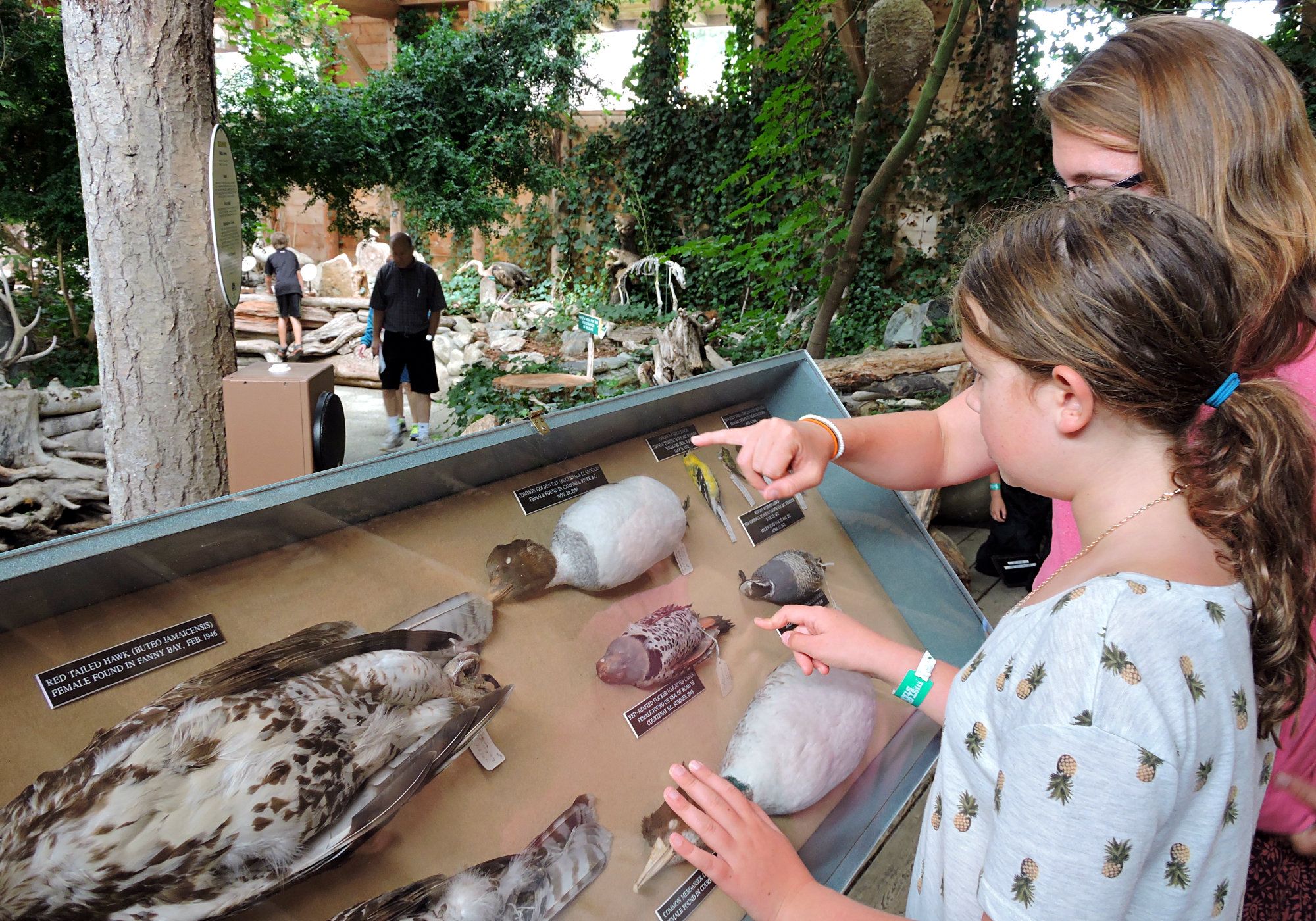
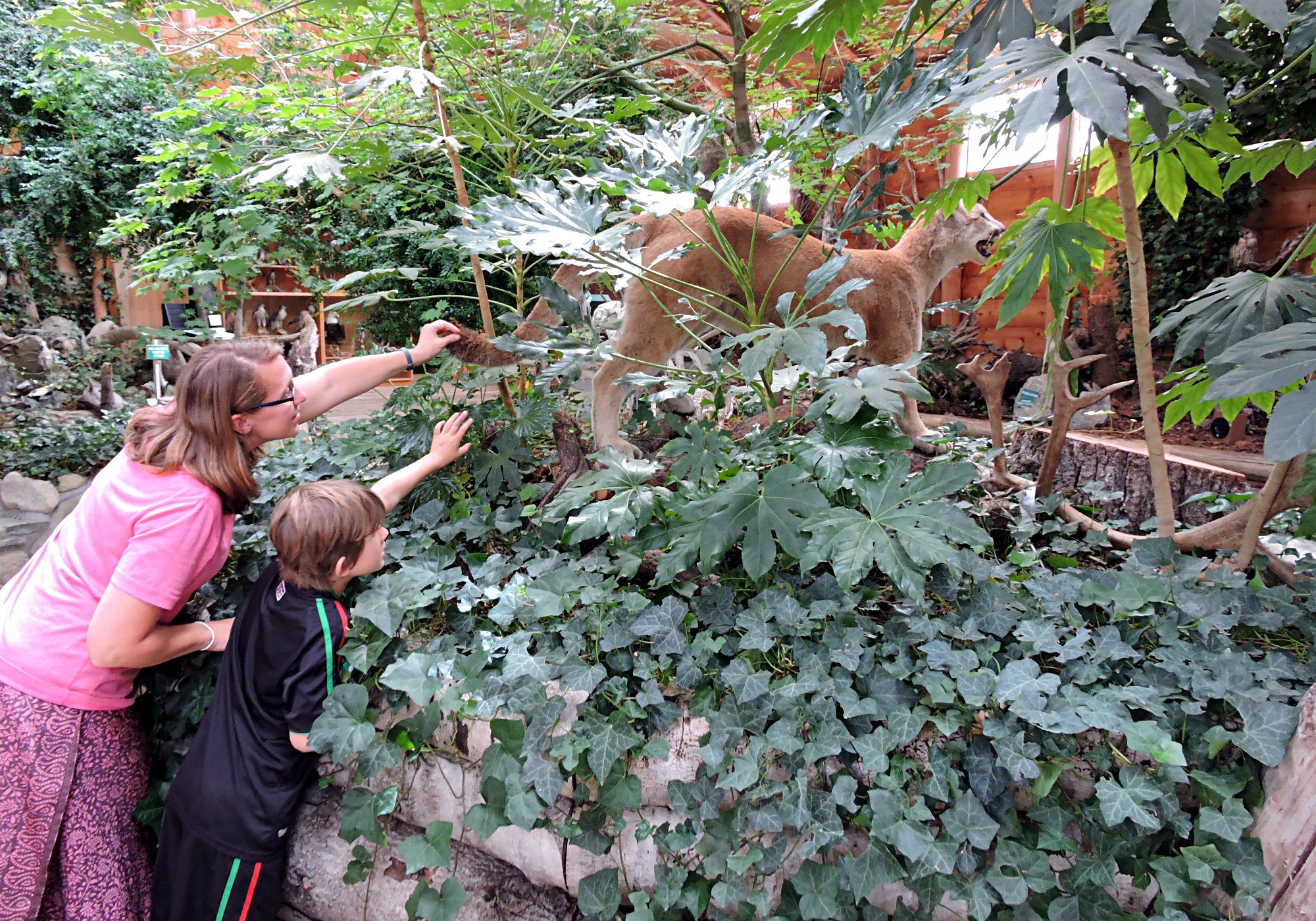
The North Island Wildlife Recovery Centre houses many birds and a black bear that cannot be released back into the wild. They are easy to see and enjoy up close.
We explored a pond tank and met a friendly raven. We said hello to a few bald eagles and gorgeous owls.
And every time we passed an animal enclosure, we read about the particular animal and learned why it was unable to be released back into the wild.
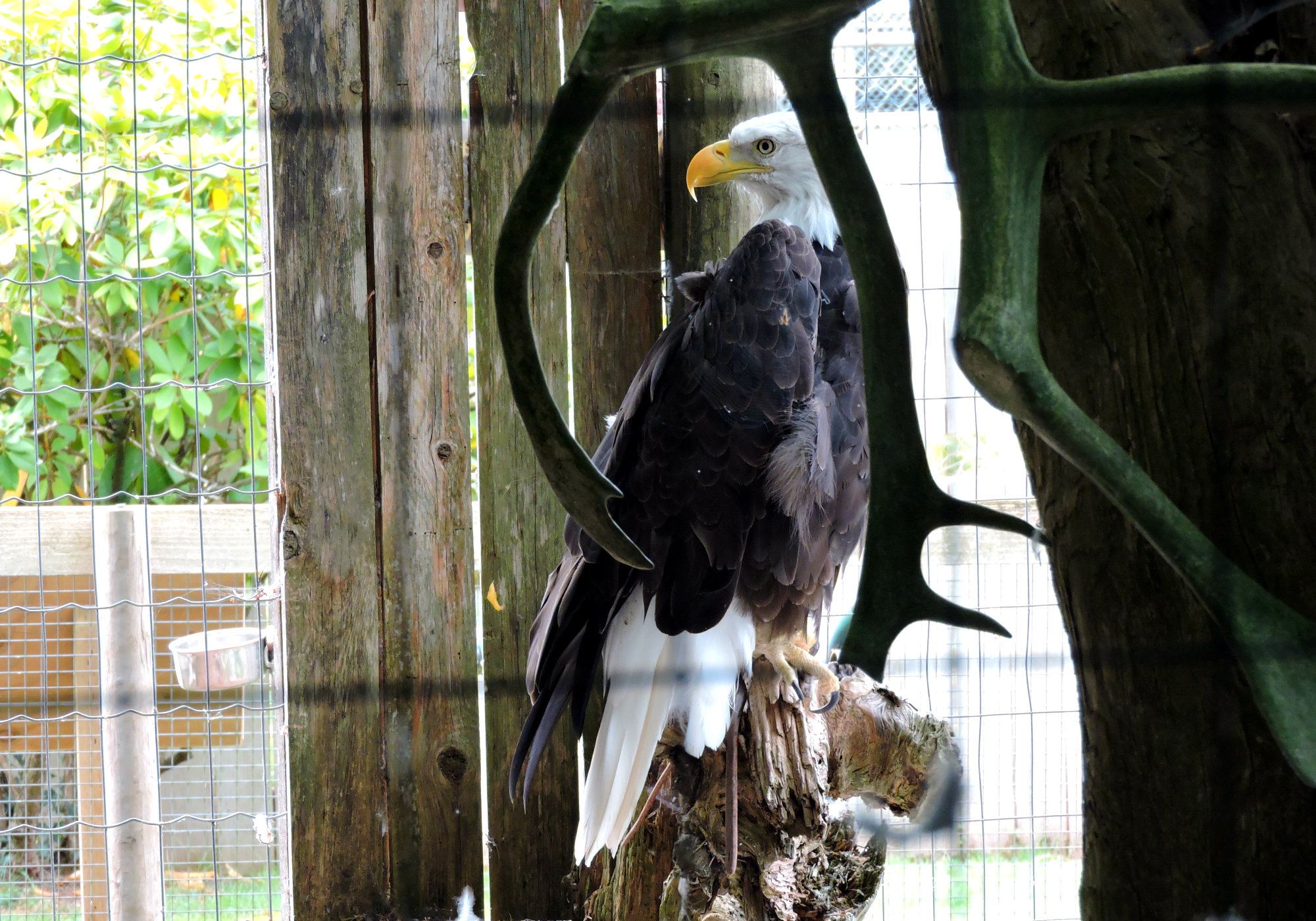
Did you know?
Bald eagles don’t receive their distinctive white feathered heads and tails until they reach 4 or 5 years old? Until then, they are considered juvenile eagles.
Knut, the resident black bear, happily enjoyed a nap during our entire visit.
He was born in captivity and will never be able to roam freely in our forests because he lacks the skills to be wild. However, he is instrumental in the centre’s bear cub rehabilitation process.
The Wildlife Recovery Centre often receives black bear cubs from around the Island who have lost their mother. Instead of letting the cubs die, they care for them with the goal of releasing them back to their homes.
Two cubs were released only two weeks prior to our visit. It’s a great program.
Did you know?
Vancouver Island has the highest concentration of black bears in North America? It’s likely due to our mild winters and abundant food supply and habitat.
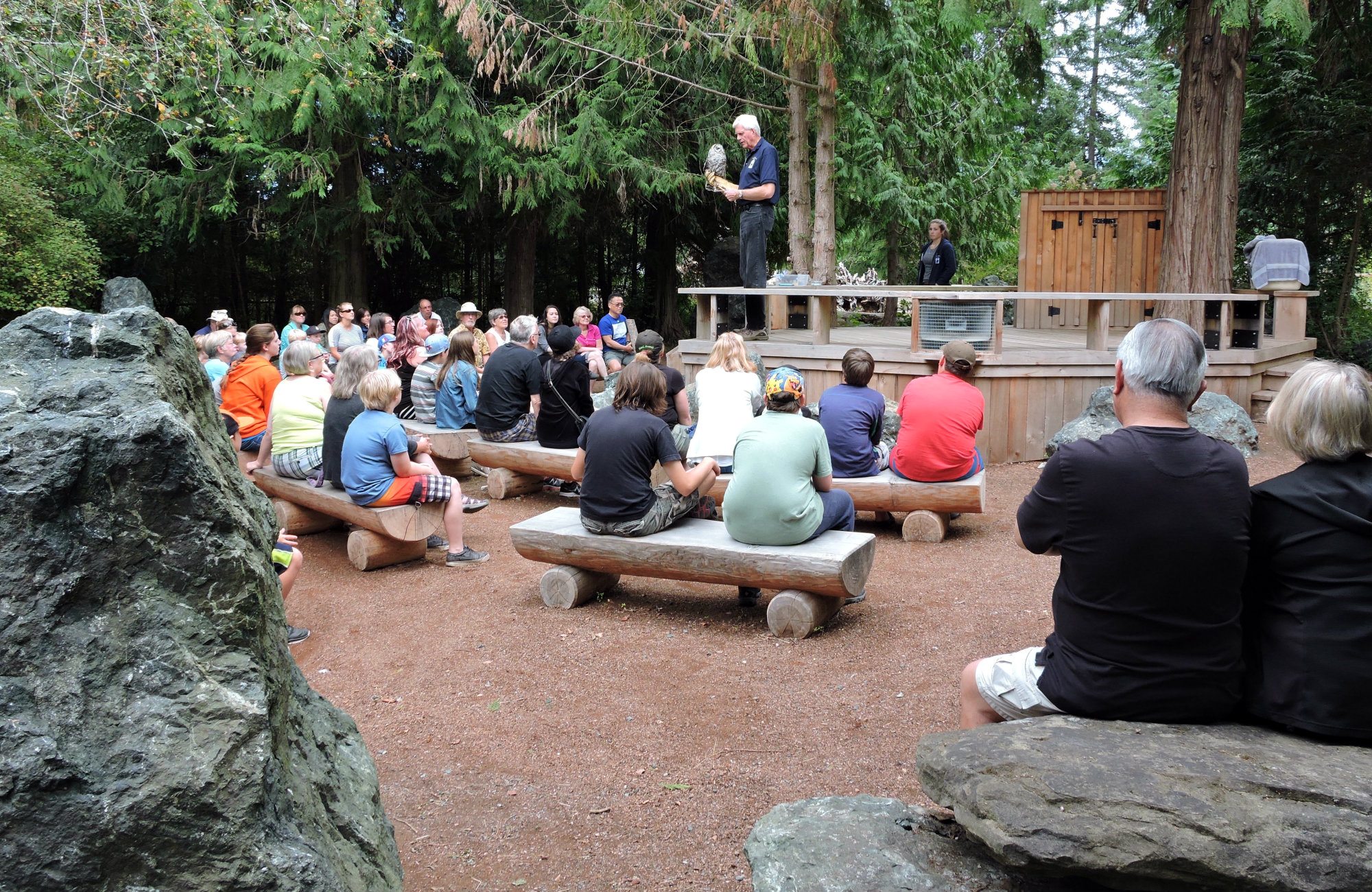
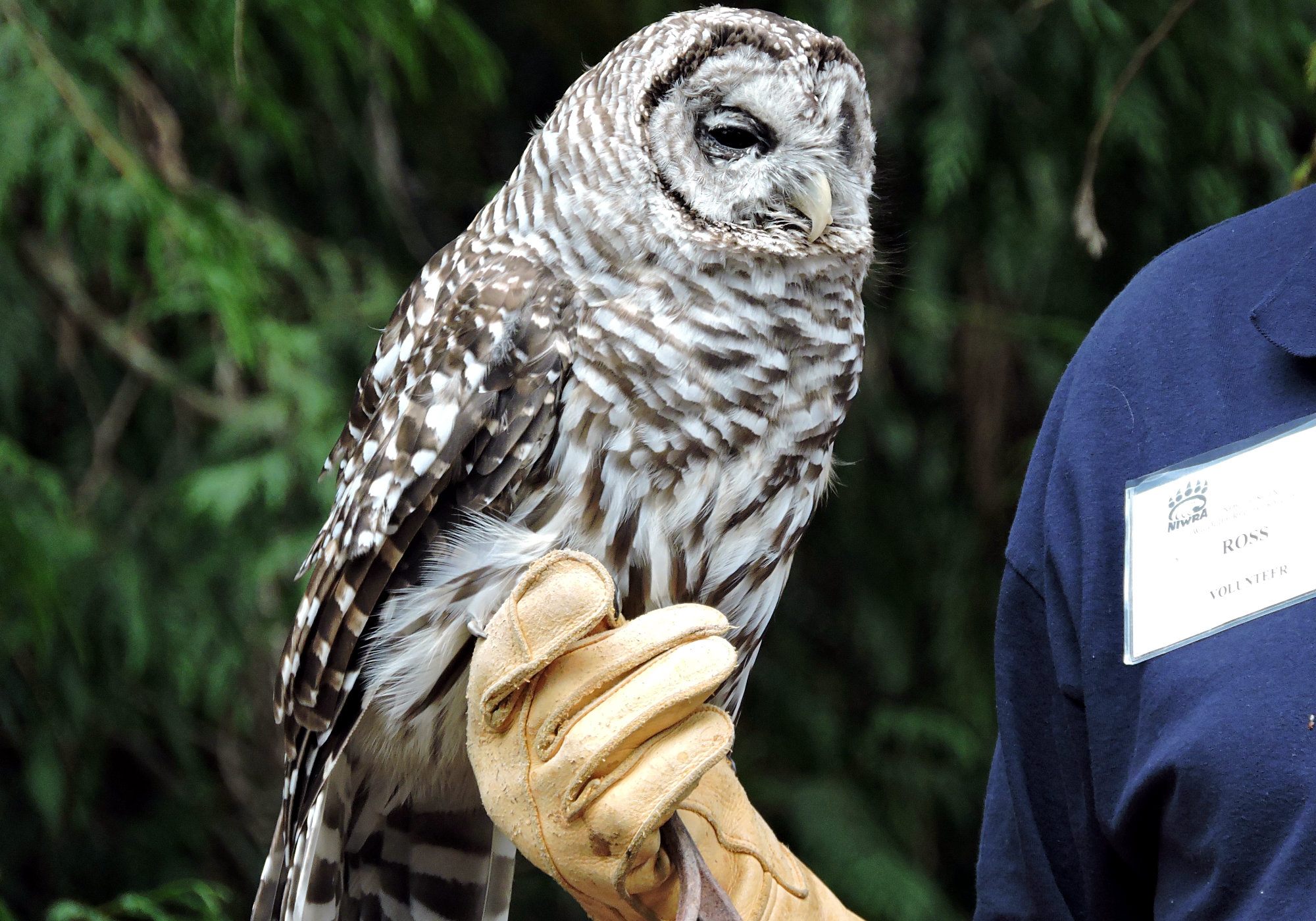
As we meandered throughout the grounds, I was continually impressed by the staff and volunteers.
Every time we had a question, it seemed there was someone standing by to educate us on the life and care of these Vancouver Island beauties.
One volunteer even pulled out a real eagle talon to show my daughter. Her eyes practically popped out of her head as she realized just how big and sharp they are.
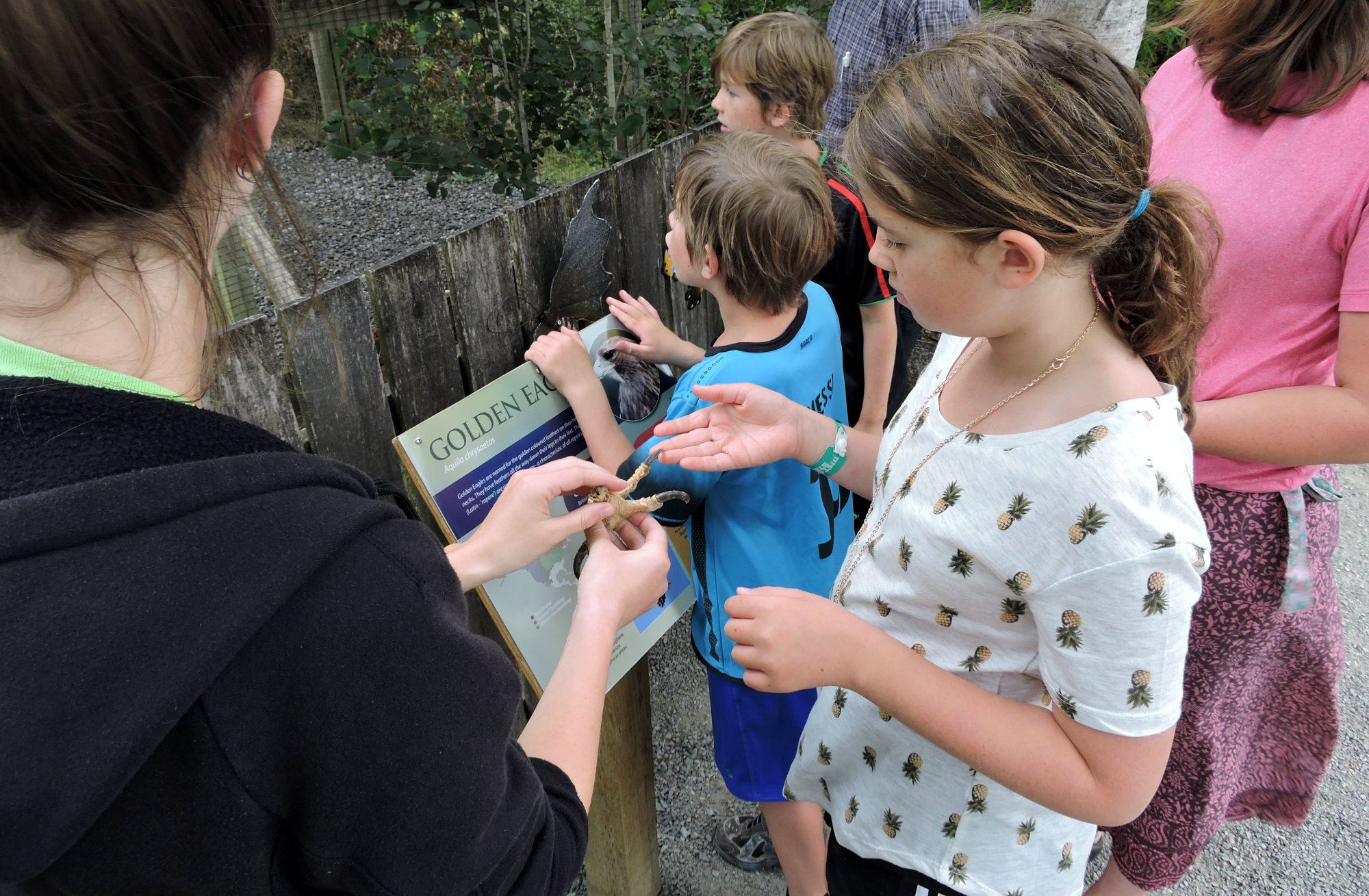
Learning happens naturally here. Freely explore, climb rocks, and my favourite, watch ducks and sun bathing turtles in the local pond.
After walking around, listening to an owl presentation, enjoying a picnic lunch, and watching the turtles, we made our way into the learning centre. Here the kids watched videos of how the injured animals are cared for.
They were particularly interested in all the bear cub footage.
It was hard to leave The North Island Wildlife Recovery Centre.
I never would have guessed there was so much to see and learn about here.
You’ll want to plan at least 2 hours. But if you’re like me and really enjoy learning new things about animals, plan more. Bring your lunch or snacks as there are picnic tables for your convenience. It’s a lovely, peaceful place.
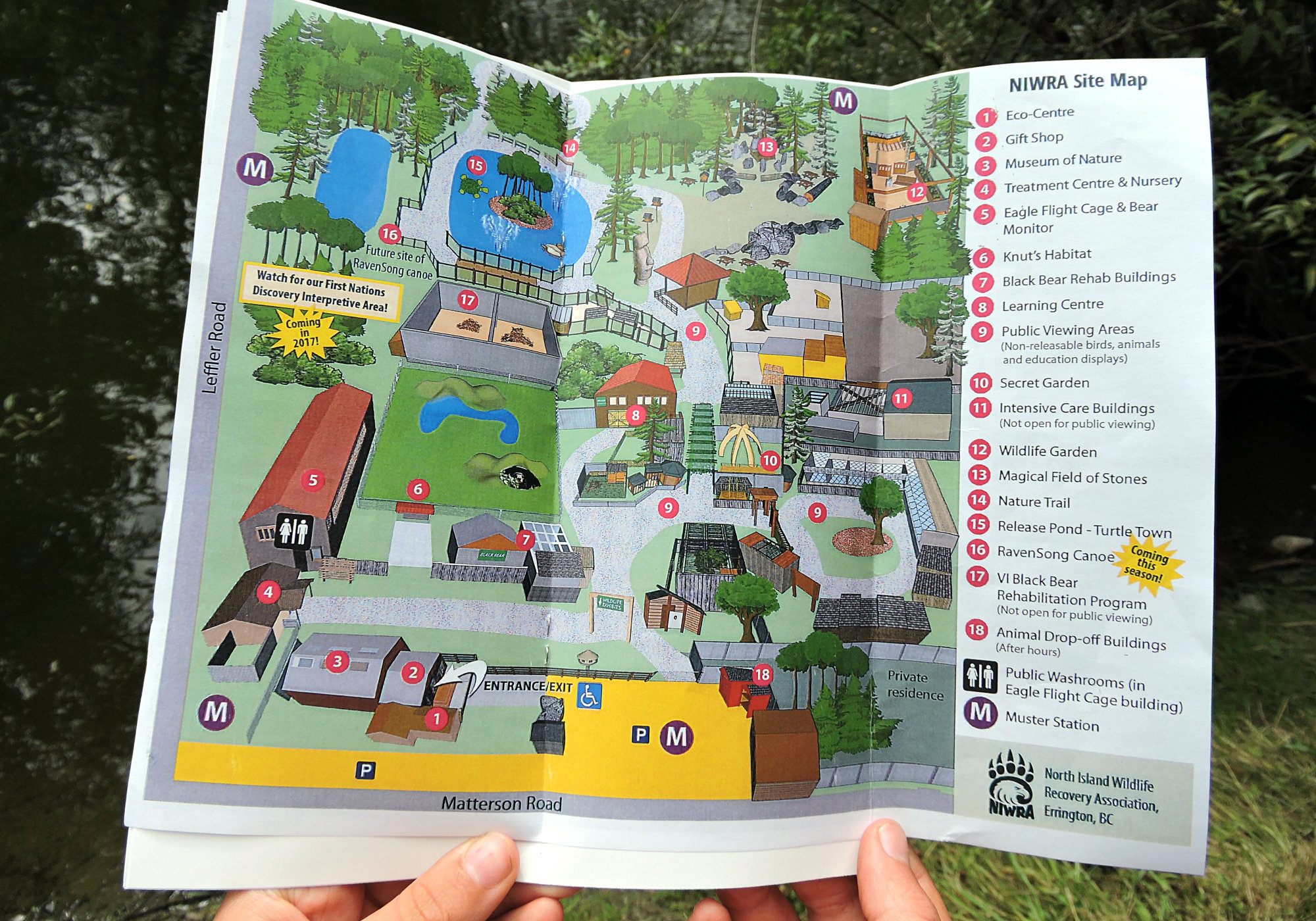
North Island Wildlife Recovery Association
Website: www.niwra.org
Phone: 250-248-8534
Open: Daily March 7 through to December 21st, 9:00 am – 5:00 pm during summer months
Cost: $8 per adult, $5 per Child (3-12 years of age)
Map: Directions to North Island Wildlife Recovery Centre (Google Map)
Note:
• The North Island name can be a little confusing considering that North Island Wildlife Recovery Centre is located in Central Vancouver Island not North Vancouver Island. But that’s good news if you are in Central Island!
• Dogs are not allowed inside the North Island Wildlife Recovery Centre
• If you have any suggestions on content we should add to our Vancouver Island Travel Guide. Please let us know in the comment section below!

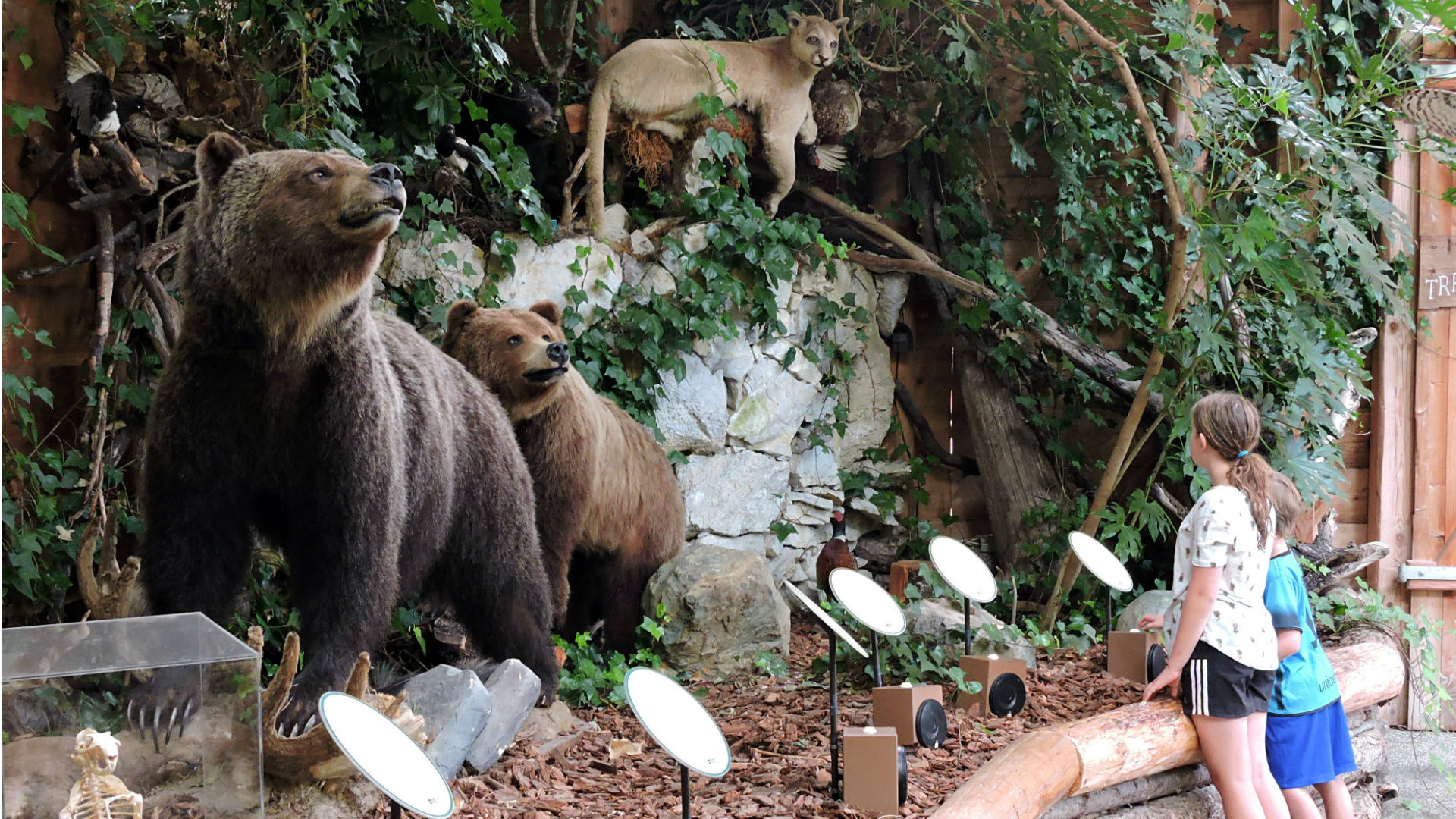





Comments